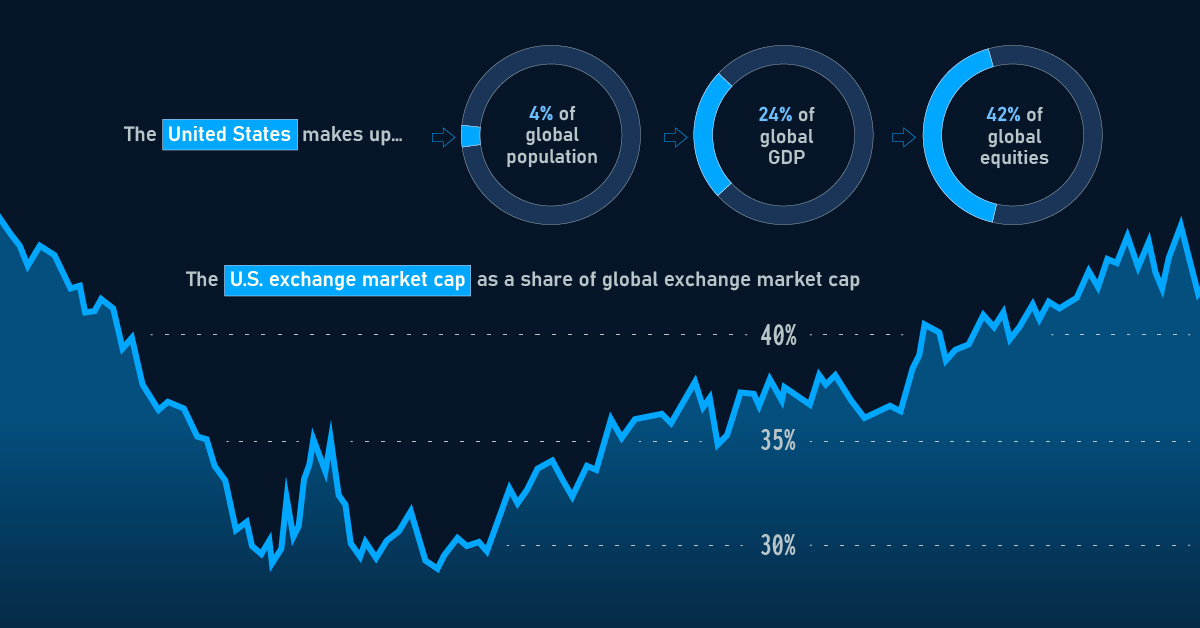.
Fragmentation
The rivalry between exchanges and other marketplaces for stocks, bonds,
or commodities is as old as the exchanges themselves, because only the physical and temporal concentration of the trading at the exchanges leads to a
separation of the market into exchanges and other venues. The traditional
difficulties in distinguishing exchanges from other marketplaces, a problem as
old as the exchanges themselves,207 provide for many examples where operators of exchanges and other sites came into conflict, either with one another
or with official authorities. Since the aforementioned decision of the Prussian
Superior Administrative Court (1898), the problem of separating exchanges
from other marketplaces is widely recognized as a regulatory challenge. 208
Until one decade ago, other marketplaces failed to win considerable trading volume from the traditional exchanges. The “network effect” explains
why: the more liquid a marketplace is, the lower the transaction costs are, and
the lower the transaction costs are, the more attractive and thus more liquid
the market is. In such an environment, entering a market is very difficult and
will not be a success without a significant advantage over the existing competitors. Over the course of the last decade, technological advances have dramatically reduced the obstacles for new market entrants because alternative trading systems are now accessible from anywhere in the world (which increases
their liquidity) at low transaction costs (which attracts more liquidity).
In addition, legislators and regulators all over the world have readjusted the market
system to facilitate the entrance of new competitors.209 As a result, exchanges
have lost market share in many fields, sometimes even their market leader-
207 See supra Part I.A.3.
208 34 PRVERWGE [Prussian Supreme Administrative Court] Nov. 26, 1898 (III B 44/98),
315-39 (Ger.).
209 For a critical assessment of the developments in German, European and US law, see
CHRISTOPH KUMPAN, DIE REGULIERUNG AUßERBÖRSLICHER WERTPAPIERHANDELSSYSTEME IM DEUTSCHEN, EUROPÄISCHEN UND US-AMERIKANISCHEN RECHT (2006)
(Ger.); see also, e.g.,
Polly Nyquist, Failure to Engage: The Regulation of Proprietary Trading Systems, 13 YALE L. & POL’Y REV. 281-337 (1995); DANIELA COHN-HEEREN, KAPITALMARKTRECHTLICHE REGULIERUNGSKONZEPTE FÜR ALTERNATIVE HANDELSSYSTEME (2006)
(Ger.); HORST HAMMEN, BÖRSEN UND MULTILATERALE HANDELSSYSTEME IM WETTBEWERB (2011) (Ger.).
7:513 (2013) Stock Exchange Law 555
ship, and markets have become more fragmented. Two examples illustrate the
tremendous pace of change: At the end of 2005, it was a widely recognized
event that the New York Stock Exchange’s market share in the trading of
securities whose issuer is primarily listed in New York dropped below 75%,
the lowest level since the beginning of the recording of this data three decades ago.210 Less than three years later, in summer 2008, the New York Stock
Exchange’s market share stood at a mere 25%.211 The London Stock Exchange’s market share in the United Kingdom fell between January and October 2008 from 96% to 58%,212 recovered in 2010 to some 62%,213 before it
dived below 50% in 2011.214
Originally, traders, issuers, regulators, and most other constituencies welcomed the competition by alternative trading systems as it considerably reduced trading costs. Even the exchanges initially benefited from this development because the steady growth of the overall trading volume outweighed
their loss of market share. It took some time until observers began to appreciate the negative consequences of the ongoing market fragmentation, such as
heterogeneous pricing (instead of central price fixing at the exchange), intransparency (caused by “dark pools” and other forms of hidden trading), or
inequalities in the trading options (that give certain professional traders advantages over other investors). It is not beyond imagination that regulators
may decide to intervene and reintroduce a regime that leads to more concentration.215 Possible regulatory reforms may even include items that have never
210 Aaron Lucchetti, NYSE’s Market Dominance Slips, WALL ST. J., Nov. 29, 2005, at C1.
211 See NASDAQ Stock Market, NYSE Share Volume in NYSE-Listed Securities (chart),
http://media.primezone.com/cache/6948/file/5876.jpg. See also, e.g., Steven McNamara,
Rents and the Floor Brokers, TRADERS MAG., Aug. 14, 2008, available at
http://www.tradersmagazine.com/news/101848-1.html. For a brief overview of the New
York Stock Exchange’s competitive position, see Fleckner, supra note 194, at 37, 39-43.
212 Konkurrenz setzt Londoner Börse zu, FIN. TIMES DEUTSCHLAND, Nov. 26, 2009, at 17.
213 Londoner Börse verteidigt Marktanteil, FIN. TIMES DEUTSCHLAND , Sept. 30, 2010, at 17.
214 Gigant im Rückzugsgefecht, FIN. TIMES DEUTSCHLAND, Apr. 28, 2011, at 17.
215 For a general account of the equity market structure in the United States, see Concept
Release on Equity Market Structure, Exchange Act Release No. 34-61358, 75 Fed. Reg. ¶¶
3594-614 (Jan. 14, 2010). For regulatory reform proposals in the European Union, see,
most notably, Proposal for a Regulation of the European Parliament and of the Council on markets in
financial instruments and amending Regulation [EMIR] On OTC Derivatives, Central Counterparties
and Trade Repositories, COM (2011) 652 final (Oct. 20, 2011); Proposal for a Directive of the European Parliament and of the Council on Markets in Financial Instruments Repealing Directive
2004/39/EC of the European Parliament and of the Council, COM (2011) 656 final (Oct. 20,
2011). See also, e.g., Stavros Gadinis, Market Structure for Institutional Investors: Comparing the
U.S. and E.U. Regimes, 3 VA. L. & BUS. REV. 311-56 (2008); Jan von Hein, Best Execution:
Funktionale Konvergenz des europäischen und des US-amerikanischen Modells, in 2 FESTSCHRIFT
556 Virginia Law & Business Review 7:513 (2013)
or only rarely been traded at exchanges, such as contracts-for-difference or
over-the-counter derivatives.216

